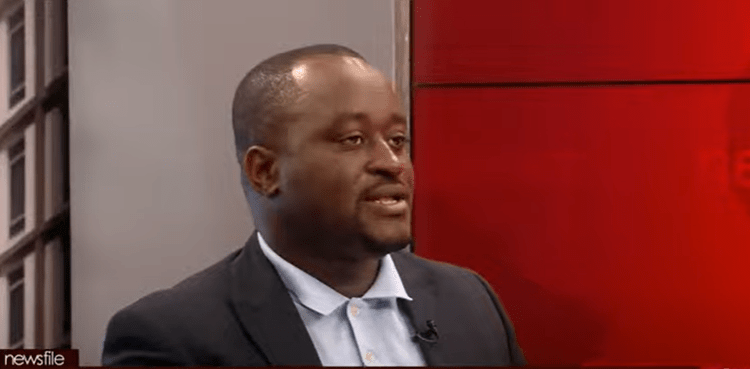Dr. Theo Acheampong Advocates Fairness and Transparancy in Mahama’s Proposed Forensic Audit of Banking Sector
Economist and political risk analyst, Dr. Theo Acheampong, has called for transparency and fairness in the planned forensic audit of Ghana’s banking sector clean-up exercise by President-elect John Mahama. The audit, aimed at examining the financial sector reforms implemented by the incumbent administration, must uphold investor confidence and respect procedural integrity, Dr. Acheampong emphasized.
Speaking during an interview with Nigeria-based Arise News, Dr. Acheampong highlighted allegations that the banking clean-up may have been politically influenced. “Some of these banks that were collapsed were perceived to lean more towards the opposition National Democratic Congress (NDC), despite their fundamental issues like poor asset quality,” he noted.
Dr. Acheampong further recalled that as far back as 2016, Ghana’s financial sector required significant intervention, with an estimated GHS 9 billion needed to stabilize struggling banks. However, the government’s eventual spending during the clean-up, estimated at GHS 25 billion, has raised questions about the process and its execution.
Calls for Accountability
With questions surrounding the transparency of the sector clean-up, Dr. Acheampong believes Mahama’s planned audit is within the NDC’s rights. However, he urged that the process be conducted in a way that reassures investors and fosters confidence in Ghana’s financial sector.
“The key thing is that it [the audit] has to be fair, transparent, and respect the rules. The key is to send a strong investor signal,” Dr. Acheampong said, adding that an effective banking system is critical for providing affordable liquidity to support economic growth.
As Ghana continues to grapple with the fallout of the financial sector reforms, the proposed audit is expected to shed light on the decisions that led to the collapse of several banks and other financial institutions that shaped the country’s banking landscape.
Banking Sector Clean-Up
The financial sector clean-up, spearheaded by Finance Minister Ken Ofori-Atta between 2017 and 2020, significantly restructured Ghana’s banking landscape. The number of banks in the country was reduced from 34 to 23, while 347 microfinance institutions, 15 savings and loans companies, and eight finance houses had their licenses revoked.
As part of the reforms, some banks were merged to form the Consolidated Bank Ghana Limited, while others were acquired by state-owned GCB Bank. The Securities and Exchange Commission (SEC) also revoked the licenses of 53 fund management companies.
The reforms aimed to address corporate governance lapses and insolvency issues within the financial sector. The government pegged the total cost of its fiscal intervention at GHS 16.4 billion, excluding interest payments in 2019, although Vice President Dr. Mahamudu Bawumia later claimed that the clean-up exercise cost the state about GHS 21 billion.







